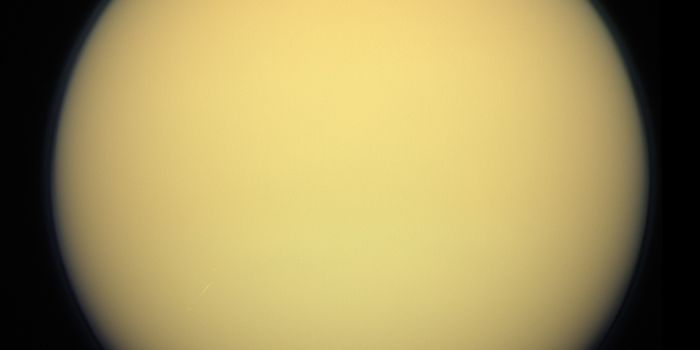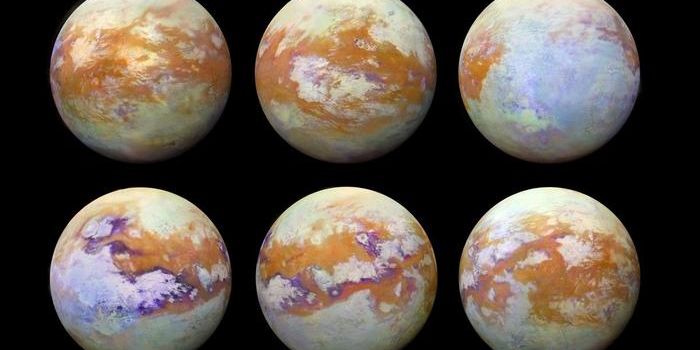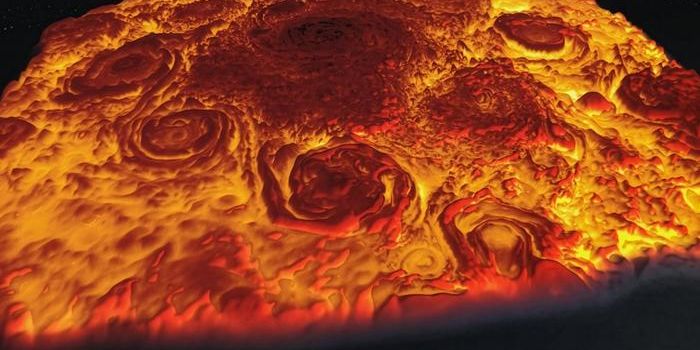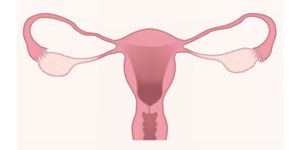Bacteria-Powered Superfluids
Viscosity is a basic property of a fluid. It is the measure of its resistance to asserted transformative stress, or in a simpler term, the friction between its molecules.
According to the second law of thermodynamics, all fluids should have positive viscosity. But there's one exception--superfluids. For example, liquid helium at an ultra-cold temperature (close to the absolute zero) exhibits zero viscosity.
However, recently scientists discovered a new type of superfluid. It is a suspension with cultured bacteria, which shows zero or even negative viscosity at the ambient temperature.
The idea of a negative viscosity seems to contradict the law of physics, but the biomass-based fluid is no ordinary fluids. The population of bacteria doesn't float around passively; instead, they mobilize (swim) as a group, which may generate sufficient forces that counterbalance friction. Therefore, the law of thermodynamics was not violated at all.
Researchers hope that their bacteria-based superfluid can be further developed into a new type of machinery since the microbes can continuous convert chemical energy (nutrients in the suspension) into mechanical work.
Source: Seeker via Youtube








